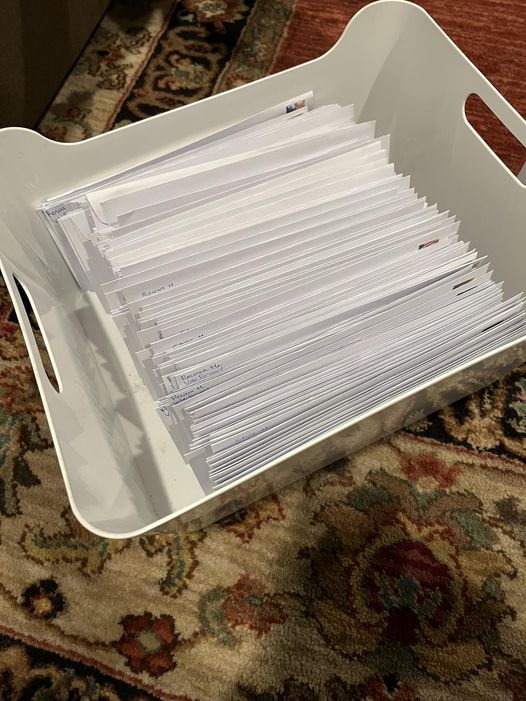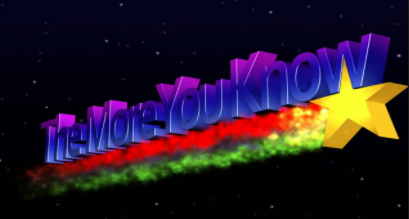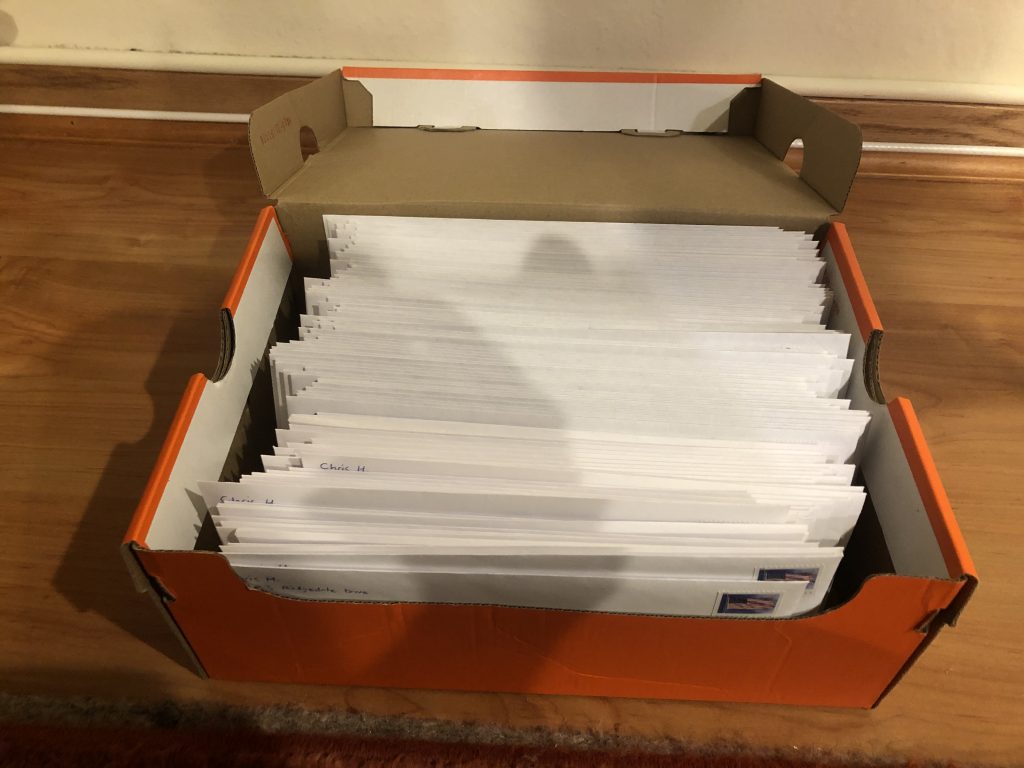A few years back on this site, I revealed my political preferences in American elections. While my novel Civil Blood and its sequel try to be political without being particularly partisan, I myself am pretty firmly in one camp.
And over the last month or two, I and many of my friends are looking at the current election cycle and saying:
“OH CRAP, WHAT CAN I DO?”
If you’re asking that question, I’m here to help.
So What Can You Do?
The easiest answer is, of course, “Vote!” or “Vote harder!” or “Vote and bring three friends!” Which is nice, but it doesn’t really move the needle much. I’ve been voting. My friends are already voting. Further, I don’t live in a swing state, so the chances that my vote is going to make a difference are negligible. This might be the case for you, too. But giving up doesn’t feel right, either.
Politicians, whom you may or may not trust, are all too happy to say “Donate!” Which is nice if you have disposable income, but if I gave money every time I felt afraid about the political future, I’d be buried under a pile of debt as big as Mount McKinley.
To be clear, I’m not against donations. In 2008, being gainfully employed with a certain amount of stability, I gave to my first political campaign, and have ever since. But that doesn’t feel like enough any more, right?
So the third option presents itself…
Volunteering to Get Out the Vote
The best way to get out the vote, by far, is canvassing: you go out in person, knock on doors, and introduce yourself to one person at a time. But since I don’t live anywhere near a swing state, I can’t physically do that.
In 2016, I tried phone banking, which was annoying. The best thing I could say about it was that I eliminated disconnected phone numbers to let some other volunteer concentrate on calling actual people. My few contacts with human beings on the other end of the phone changed no minds, netted no voters. It didn’t help that I didn’t have a script to follow, or training of any sort.
But in 2018, I found I could use my talents more effectively. I could write letters or postcards to get out the vote. My handwriting is legible, and I possess a little patience.
If this describes you… you could swing a state.
Introducing Vote Forward
The organization I volunteered for is called Vote Forward, and they’re awesome for worried introverts.
Their key argument is this: a lot of eligible voters toss out direct mail or e-mail without reading it. But if you got a hand-written letter in the mail, it’s such an unusual occurrence that you’d open it up just to see what it is. And once you read a personal message from a volunteer, you might be more likely to vote.
Of course, it’s far from magic. Vote Forward estimated that sent letters or postcards have about a 3% conversion rate. But that’s a lot higher than e-mail or direct mail. I usually pitch it as “for every 100 of these letters I write, it’s like voting in a swing state and bringing 2-3 friends.”
These numbers can add up. In the 2020 presidential election, about 200,000 Vote Forward volunteers sent 17.6 million letters, and moved approximately 126,000 votes. Now, if you’re sitting there with a calculator, you might be like, “Wait, that’s actually more like a 0.7% conversion rate,” which is fair. But the margins of victory in some swing states that year?
Georgia: 11,779 (Biden)
Arizona: 10,457 (Biden)
Nevada: 33,596 (Biden)
Pennsylvania: 80,555 (Biden)
North Carolina: 74,483 (Trump)
Obviously, I’m not saying it made all the difference… but with margins that narrow? This year, it might.
But Will I Feel Like a Shill? Is It Complicated? Or Expensive?
No to all three.
After downloading a batch of 5 or 20 addresses and blank forms, you fill out the form with a blue pen (supposedly the friendliest, most professional-seeming color) including why you vote and why they should, too. Note that you’re not supposed to mention a specific candidate or slogan, as those can be turn-offs. But you can tell a personal story or just go with something generic like “I want to be a part of making history,” or “since my grandparents came here from another country, I feel a sense of duty here.” Stuff like that.
Then you address an envelope, put the letter inside, add a stamp, and the mail is ready to go. Now, stamps are a little pricey for mass mailing these days — 100 letters at 73 cents per stamp adds up to as much as a decent campaign donation! But if you can’t afford postage, Vote Forward’s website has a place where you can sign up and they’ll send you voter kits that include rolls of stamps.
All that’s left is sending the letters at the optimal time. There’s two kinds of campaigns that differ here — if the address belongs to a potential first-time voter, you send it ASAP. If it’s part of a get-out-the-vote drive, you send it at Vote Forward’s optimal time in October where there’s still enough time to register and/or vote, but not so much time that the voter blows it off and forgets about it until Election Day.
And That’s It?
Yes, unless you wanna be super-enthusiastic and tell all your friends, or get your parents or your kids involved… that kind of thing.
So far this year, I’ve gotten one co-worker into it, two families’ worth of family friends, my daughter, and two of my daughter’s friends. And check out the photo!

That’s our first crop of 200 letters, 40 written and addressed by the kiddo, and 160 by me. They were all written in July, and we still have all of August, September, and a bit of October to go!
What if I Don’t Know What to Say?
I kept mine nicely generic. You can use it if you want:
“I vote because generations of Americans before us marched, fought, and died to secure our right to choose our leaders. I’m not giving up on this state or this country, and I hope you’ll join me by voting as soon as possible. Let’s make those past heroes proud!”
This keeps the focus on a lot of good patriotic feelings. The person you’re writing to might not agree with “a woman’s right to choose” (which is definitely on the ballot this year) but I think we can agree we’ve got a right to choose our leaders, and we should use it.
“I’m not giving up” doesn’t shame them for not wanting to vote (that’s legit) but it sets me up as someone who doesn’t quit, and “I hope you’ll join me” is an invitation rather than a castigation.
Then there’s what advertisers call the “call to action” at the end — voting as soon as possible — and the warm fuzzy motivation of making our ancestors proud. Sometimes I switch it up and say “let’s make history,” because this election is totally going to be historic one way or the other, but most of the time, I stick to this script.
So that’s the kind of structure you want — not too long, not too short, nothing insulting or offensive, all brought together at the end with a “get out and vote” message. And by the time you write 100 of these, you tend to believe it. And I feel much less worried, not because I’m confident in a particular candidate, but because I know I’m doing what I can.
I’m not giving up, no matter what the polls say.
And I hope you’ll join me.


